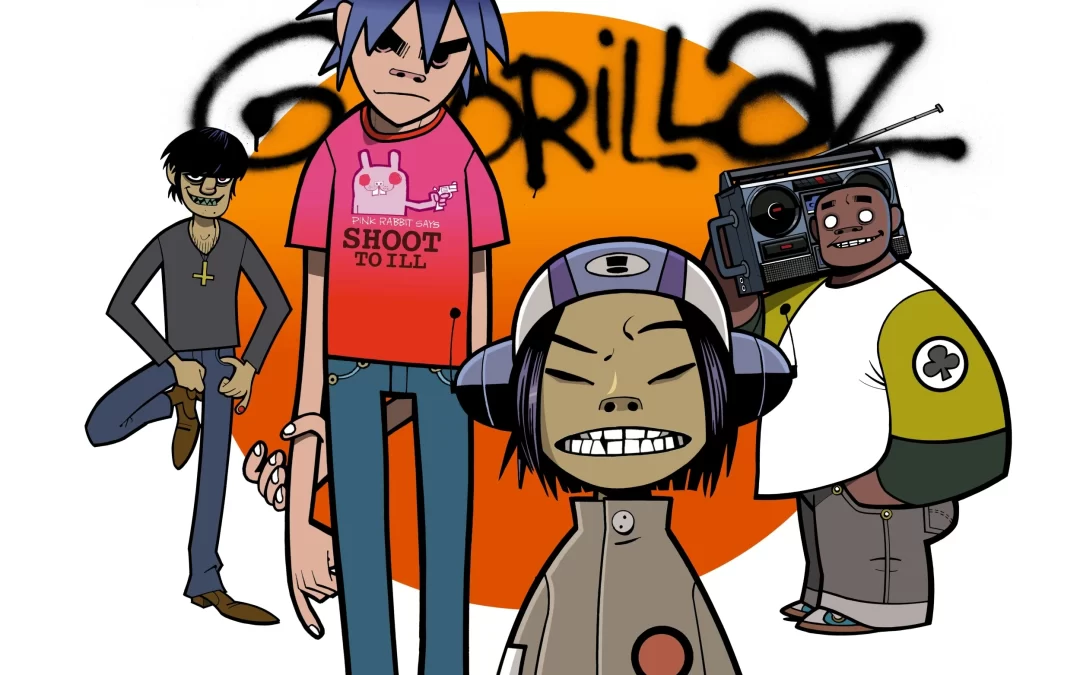Arden Hutson & Laine Roberts
When the world looks back at the rock music of the 1990s, the landscape is often characterized by music journalists as a battle of influence between the angry, unpolished, and overtly left-wing American grunge rock, and the shining and unapologetically British commercial success of Britpop. This is a battle that most journalists will argue was won soundly by American Grunge. While I certainly will not argue that point, I do find it interesting how the musician largely seen as the de facto leader of the Britpop genre, Damon Albarn, has changed his messaging over the years.
In the same way that changing cultural values can affect the language and efficacy of political movements, they can also affect the style of music that becomes popular in a given era of history. Musicians and politicians alike often dream of spearheading a new cultural movement as a means to secure their legacy and make a change in their spheres of influence but in a sea of would-be innovators, only a few ever rise to the surface. As both frontman for the britpop band Blur of the 1990s and the mastermind behind the genre-hopping “virtual” band The Gorillas, Damon Albarn has managed to front not one, but two successful musical phenomena over the course of three decades.
The youth of Britain in the 1990s that would be Albarn’s original audience was recovering from a decade of Margaret Thatcher as Prime Minister and all of the economic strain on the lower class that this brought. America, notably, was in a similar place following the end of the Reagan Administration. However, instead of embracing anger in the face of disasters like the Falklands War and the escalation of the Irish Troubles, UK musicians actively rejected the political outrage from across the pond. They made music not an outlet for their anger but rather a symbol of all the things they still loved about their country. Albarn and his band Blur were chief among them, having once been quoted as saying “We should get a big bulldozer, pile up all the rubbish and send it over to America… It’s time to make England fresh again.” It wasn’t that Blur was apolitical, its politics were just that it loved the UK.
Some, such as the Guardian journalist Michael Haan, have posited that this kind of nationalist attitude “did give new vigour to a strand of conservatism that has long existed in pop music.” This same strand, in fact, would be essential to Britain’s choice to leave the European Union in the mid 2010s twenty years later. However, that was never truly the intention of Britpop artists in the genre’s prime, who truly just had different musical sensibilities than their American peers. This is why it is so fascinating that Albarn’s second project, The Gorillaz, would go on to be so politically vocal against Brexit and other nationalist Policies the UK would go on to adopt in the decades following Blur’s decline.
Albarn closed his 2016 Glastonbury show with the Gorillaz by proclaiming his belief that “Democracy has failed us” – referencing the surprising Brexit 2016 referendum. He also would release an album two years later that was largely about his anger about this situation called The Now Now. It seems that the same nationalism that had struck a chord with fans of Blur all those years ago, ironically became what Albarn rejected.
